
COVID-19 Warnings Good Reminder to Stay Safe at Work
The man many people have come to see as the face of the response to COVID-19, Dr. Anthony Fauci, delivered a disheartening update about the spread of the virus to Congress. The director of the National Institute of Allergy and Infectious Diseases testified today and scolded the U.S. public and federal officials.
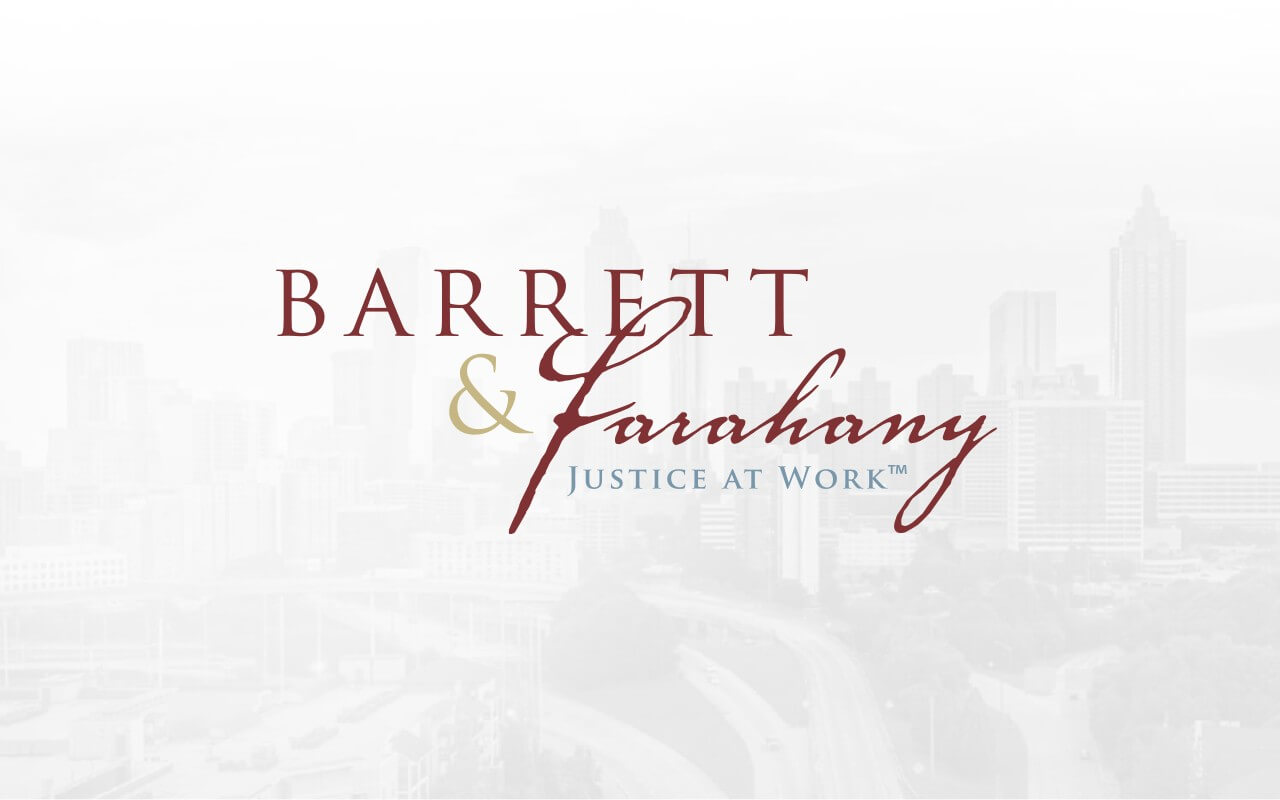
Amanda Farahany Elected as a Fellow in The College of Labor and Employment Lawyers
Firm's Managing Partner Received Organization's Highest Honor Amanda Farahany, managing partner of the law firm Barrett & Farahany, has been elected as...

What are Tip Credits? Should I be Concerned About How my Employer Handles Them?
Under federal law and the laws of most states, employers are allowed to pay employees who earn tips an hourly rate that is below the minimum wage, as long as the income they earn from their tips makes up the difference. This is commonly known as a “tip credit”, because the tips the employee earns are counted toward their employer’s obligation to pay them the minimum wage.

Supreme Court Says Law Protects LGBTQ from Discrimination
In a landmark ruling, the United States Supreme Court today ruled existing federal law banning sex discrimination also protects workers from discrimination based on sexual orientation and gender identity.
The Justices determined that Title VII of the Civil Rights Act covers discrimination based on sexual orientation and gender identity. The High Court, voting 6-3, held that discrimination based on sexual orientation or gender identity is also discrimination based on sex, which is prohibited by Title VII.
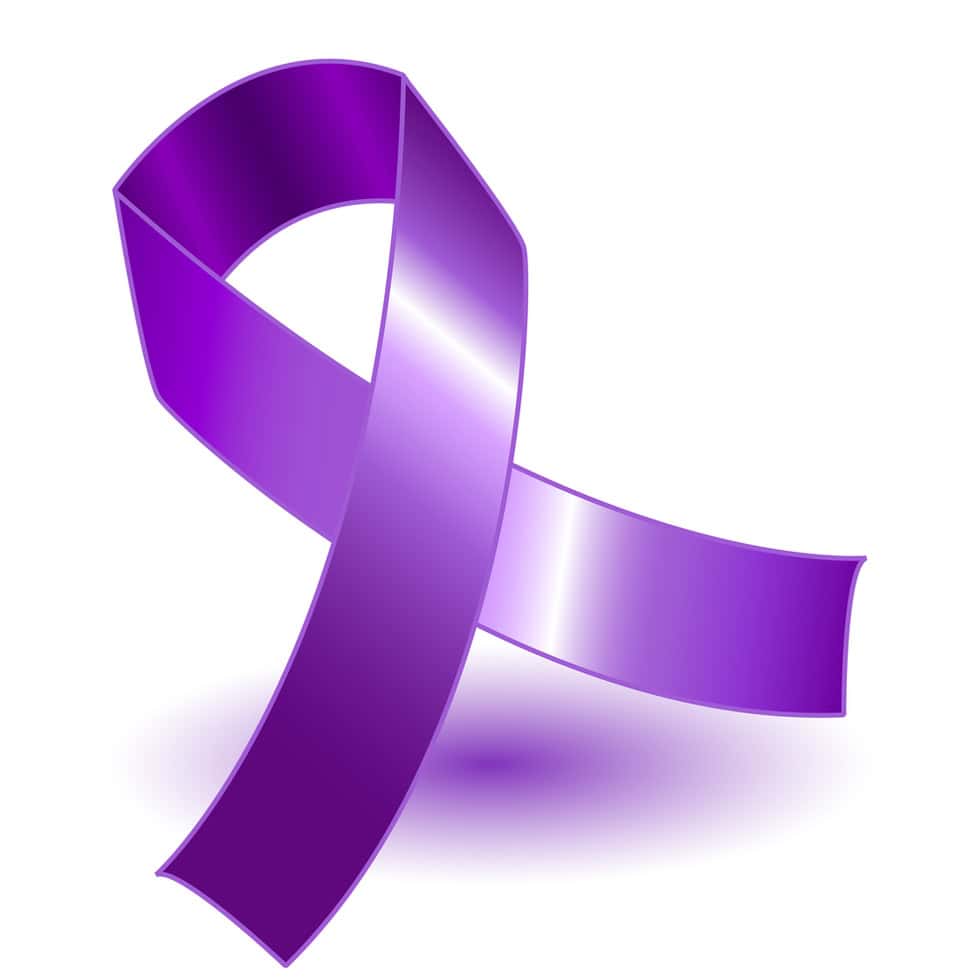
Domestic Violence During COVID-19 & Quarantines
At Barrett & Farahany, a cornerstone of our practice is ensuring justice and equality for all people. While we do not handle legal matters connected to domestic violence, we do believe it is important for people to be aware of how the current climate can contribute to or escalate domestic violence and abuse.

What to Do if You Were Exposed to The Coronavirus on The Job
Many states are now beginning to reopen businesses that were shut down due to the COVID-19 pandemic. What to do if you were exposed to the coronavirus on the job. People resuming work will understandably question the safety of this decision for themselves as well as their colleagues.

S.T.A.R.T. the Change You Want to See at Work
The recent protests about police brutality and systemic racism illustrate how understandably emotional these topics are for all of us. With so much unrest over current events, these topics are very likely to find their way into the workplace. At Barrett & Farahany, our mission has always been, and continues to be, positive societal change. We are more concerned than ever for workers and what they may face in their workplaces in the coming days. We want to be certain that employees understand their rights during these volatile times, and we also want to continue to offer guidance on how to deal with workplace concerns in a way that promotes positive change, invokes legal protection, and preserves that protection.

What Are Some of The Most Common Types of Workplace Discrimination?
Employment discrimination may include biased actions of the employer in preferential hiring, job assignment, promotion, wrongful termination, retaliation, compensation, and various forms of harassment. What are some of the most common types of workplace discrimination?

What to Look for as You Return to Work in the Time of Covid-19
As more companies call their employees back to work, many people want to know that it’s safe to return as COVID-19 continues to spread. It seems that guidance from the government for a safe return to work changes frequently. The CDC and OSHA have updated their guidance for employers, and it is a …
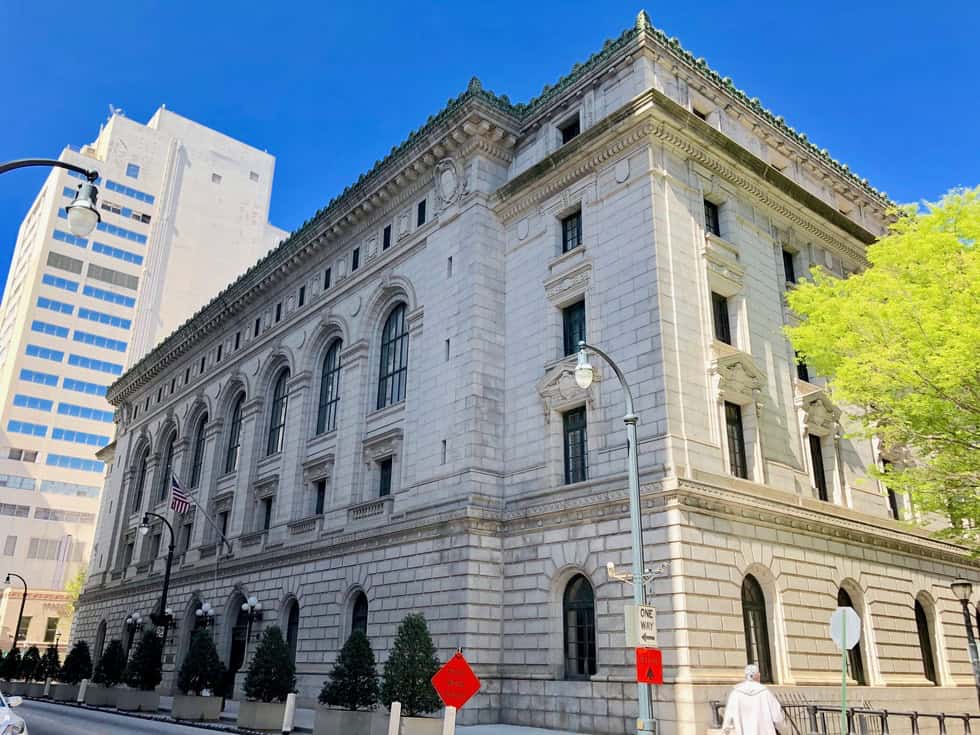
Is There A Danger of Courts Acting as Jurors?
A question many scholars have been asking in recent years is whether judges have put themselves in the place of jurors, violating the Constitutional right to a jury. This has clearly been demonstrated in an age discrimination case I recently handled.

Childcare Issues & Returning to Work: Does the FFCRA Still Apply?
As if there wasn’t enough confusion around the Families First Coronavirus Response Act (FFCRA) during the COVID-19 quarantines, employees may further confused about where they stand as their places of employment reopen. We’ve put together a series of questions and answers to help employee understand their rights as they are called to return to work.
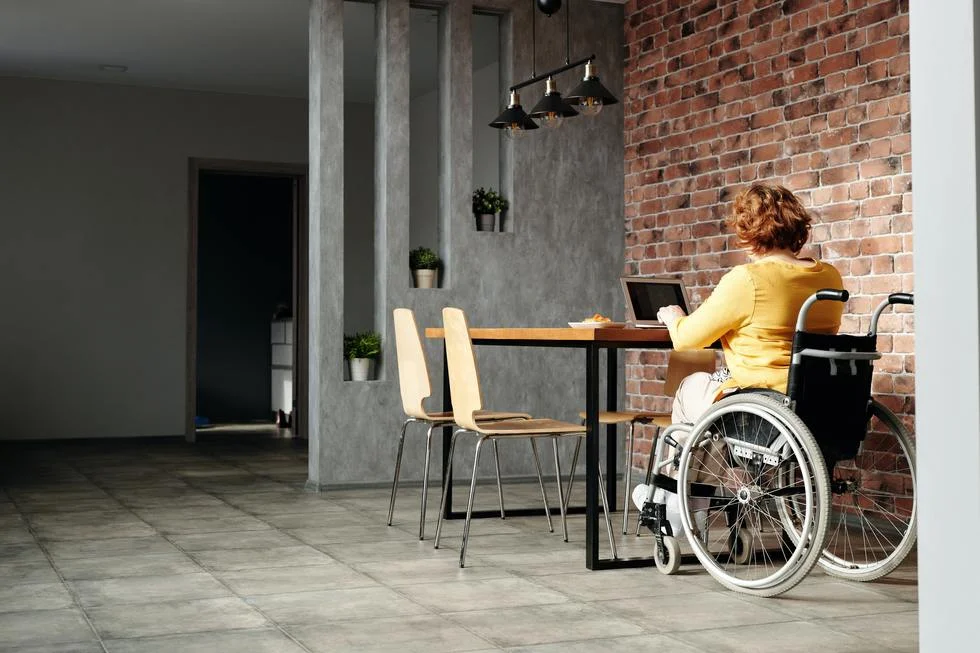
More on ADA Protections in the COVID-19 Workplace
Though returning to work may be the only option for most as the country reopens, employees with existing physical or mental disabilities and medical conditions do have other options. These employees can request reasonable accommodations under the Americans with Disabilities Act (ADA), and the ADA provides job protection for such requests. Employers cannot legally fire, cut hours, or cut pay as a response to a reasonable accommodation request.

No Job Protection for Older Workers Still Under Quarantine? Seriously, Georgia?
The Governor’s April 30th Executive Order extended quarantine for high-risk individuals through June 12, 2020. It’s commendable that there is concern for the health of high-risk Georgia residents, but where is the concern for their jobs?

Is Bankruptcy the Right Move for You?
We have heard from clients who are experiencing financial difficulties because of the economic impact of COVID-19 quarantines and business closings. Hardworking people are suddenly finding themselves without a job and without the ability to pay their mortgages, car notes, and other obligations.

COVID-19 May Trigger Accommodations for Employees with Disabilities
The Equal Employment Opportunity Commission (EEOC) has issued new guidelines around COVID-19 for employers to follow. The revised guidelines explain how the Americans with Disabilities Act (ADA) applies in situations when an employer knows a returning employee has an underlying medical condition that puts them at higher risk of COVID-19, but the employee doesn’t ask for an accommodation.

Should Companies Face Civil Liability if Workers or Customers Contract COVID-19?
In a sign that COVID-19 continues to be politicized, the question of whether companies should be held liable if employees or customers contract the virus on their property has resulted in two polls – that show opposite results.
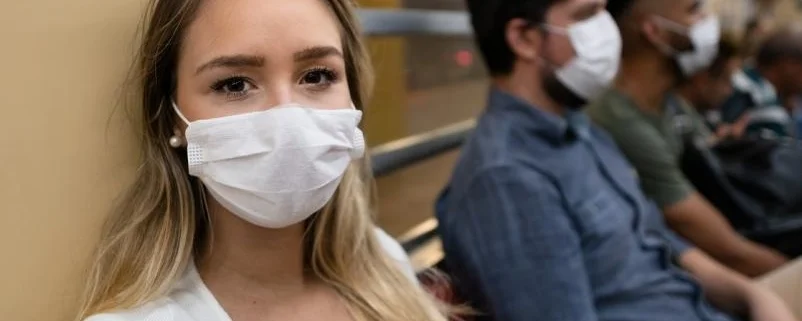
How to Help Your Community During The COVID-19 Crisis
The people of Alabama are committed to helping the vulnerable segments of the population during the Covid-19 pandemic. How to help your community during the COVID-19 crisis. Many individuals and groups in the state are also coming together to support healthcare workers as well as struggling local businesses in a variety of ways. If you are in a position to help, Alabama offers numerous opportunities to extend your support and put your money or energy to direct use.

President Urges Return to Business; Employees Should Maintain Vigilance to Protect Themselves – Here’s Why
As President Trump urges states and companies to go back to work and cheers on protesters demanding a reopening of the economy, his administration is privately predicting a deeply worsening spread of COVID-19 and subsequent deaths.

Coronavirus Discrimination Concerns in The Workplace
The Covid-19 pandemic has not only disrupted businesses, caused millions of job losses, and forced many employees to work from home, but it has also created unique workplace concerns related to employee discrimination. Coronavirus discrimination concerns in the workplace. Many employees are wondering whether their employer is discriminating by asking them to take a reduced pay or laying them off.
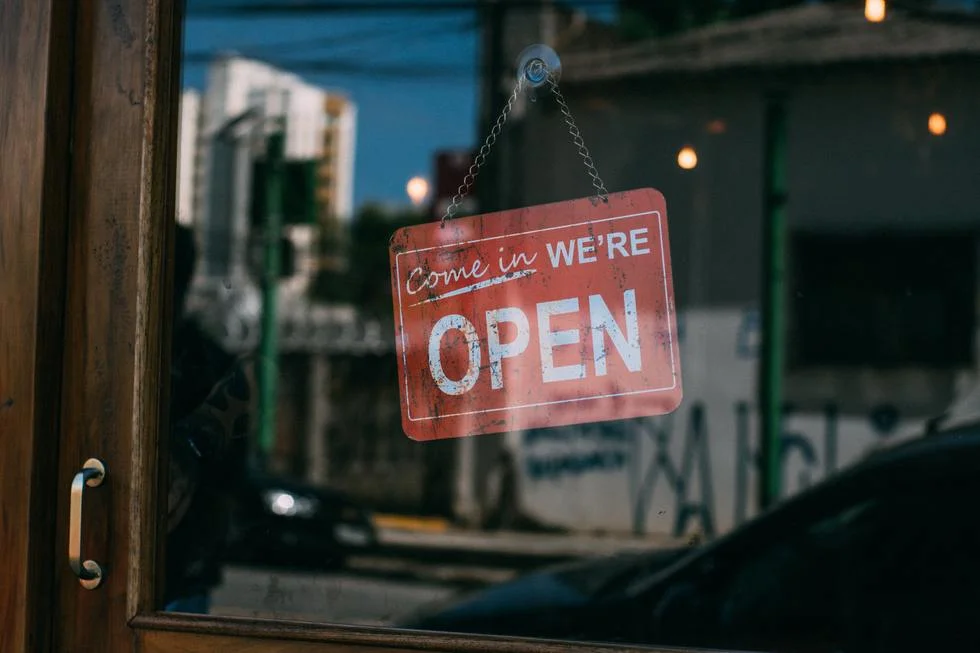
Preparing for Georgia’s Businesses to Reopen
In the interest of helping people prepare for Georgia’s businesses to reopen, we’ve put together some questions and answers we hope will be informative and educational for employees.

Am I an Employee or an Independent Contractor?
Business owners in Alabama, as well as anywhere else, are usually under pressure to reduce costs and maximize profits. Am I an employee or an independent contractor? Unfortunately, some employers choose to decrease expenses by inappropriately classifying their employees as independent contractors or salaried employees.

What the Paycheck Protection Program Means for Employers and Employees
Barrett & Farahany managing partner Amanda Farahany and employment defense attorney Todd Stanton have once again joined forces to bring both employers and employees important information about pandemic relief laws. This time, their collaborative article for Fulton County Daily Report sheds light on what the new Payroll Protection Plan means for everyone.

Further Clarification of the FFCRA for Employees
The Department of Labor has issued further clarification on the Families First Coronavirus Response Act (FFCRA for short – see our previous blogs with explanations about the FFCRA and a breakdown of the DOL’s initial clarifications). We’ve boiled down the additional questions and answers here, both to help employees know their rights under these new laws and to help them know when to call one of our attorney for help.

Important COVID-19 Work-from-Home Legal Issues
The coronavirus (COVID-19) pandemic has led to a situation where a large number of employers are encouraging employees to work from the safety of their homes, provided the nature of the job allows for working remotely. Important COVID-19 Work-from-Home legal issues.

